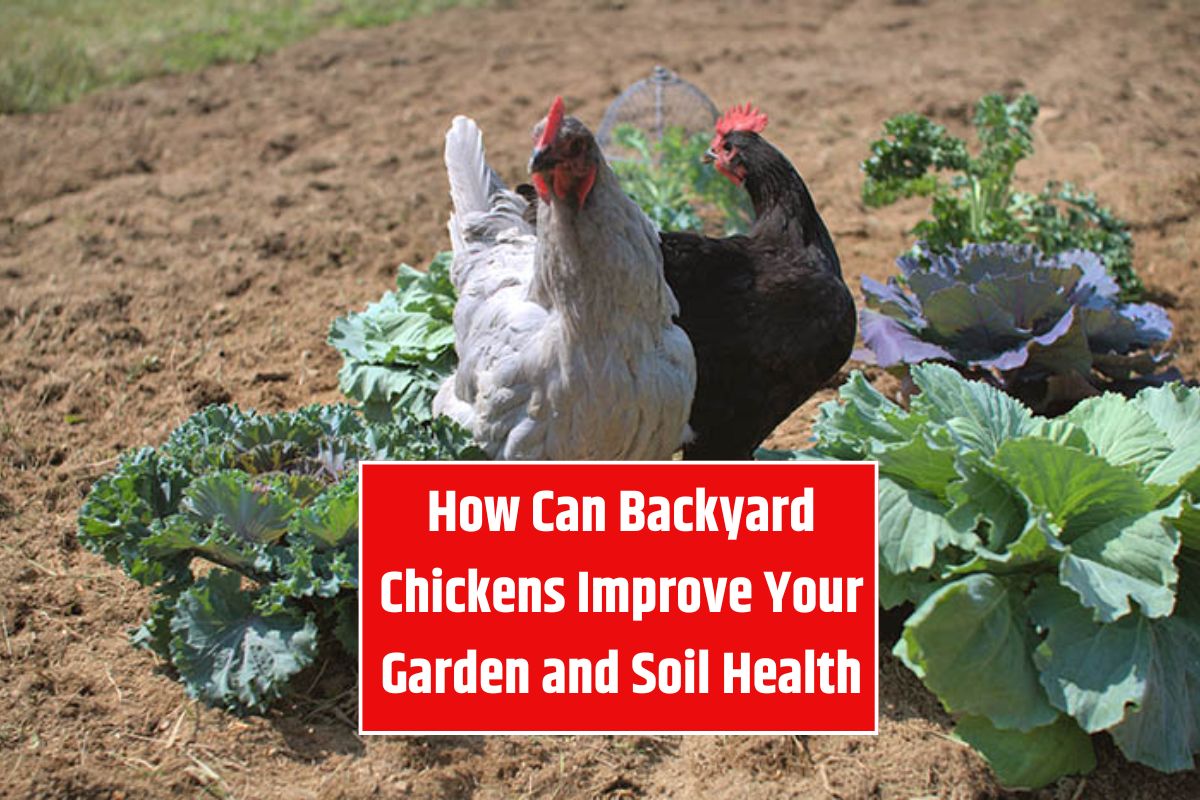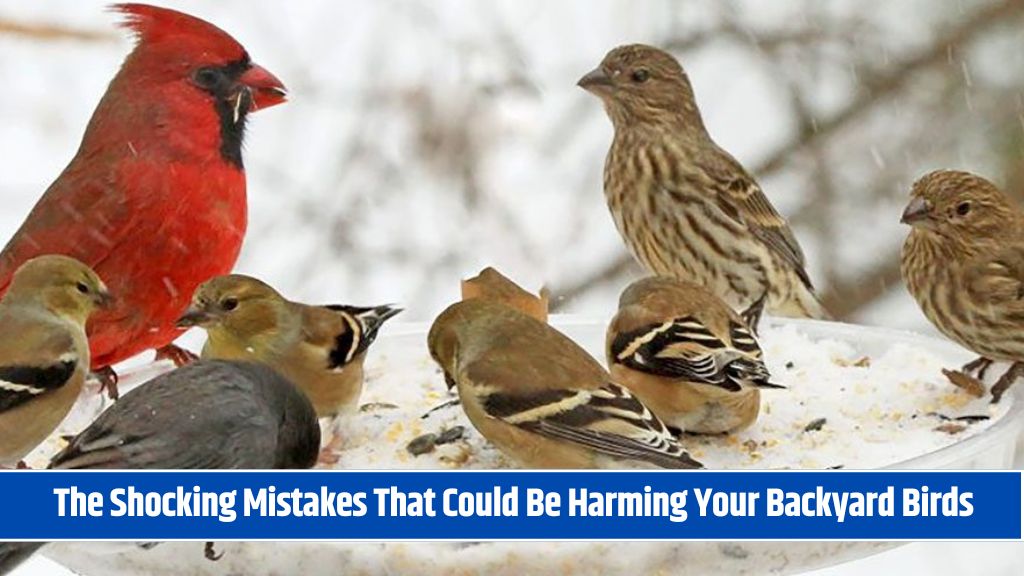Chickens have been a part of human life for over 9,000 years, offering companionship, entertainment, and a reliable food source. But did you know that chickens are also excellent for your garden and environmentally friendly? Let’s explore how keeping a small backyard flock can benefit both you and the environment while reducing waste.
1. Chickens Are Natural Pest Controllers
Chickens love to hunt for insects, grubs, and other pests, which is a win-win for both your garden and the birds. Insects provide an excellent protein boost for your chickens, while they help keep your garden beds pest-free.
How They Help:
- A flock of just six chickens can help eliminate pests and insects from your garden.
- Chickens will happily eat beetles, slugs, aphids, and other pests that damage crops.
Pro Tip:
Don’t let chickens roam freely in your garden all day—they don’t distinguish between pests and your precious veggies! Allow them to forage for about 20-30 minutes daily to avoid damage to crops.
2. Chickens Provide Natural Fertilizer
Chickens poop—a lot! But their manure is a valuable resource for gardeners because it’s rich in nitrogen, a key nutrient for healthy plant growth.
Why It’s Great:
- One chicken can produce 8 pounds of manure per month, making them a reliable source of fertilizer.
- Chicken manure improves soil quality, promotes healthy plant growth, and reduces the need for chemical fertilizers.
Pro Tip:
Chicken manure is high in nitrogen and needs to be composted before applying it directly to your garden. Let it sit for a few months to prevent burning your plants.
3. Chickens Help Till the Soil
Looking for an eco-friendly way to till your garden? Let your chickens do the job for you!
How They Help:
- Chickens naturally scratch the ground while foraging, helping to break up soil, aerate it, and remove weeds.
- A single chicken can till over 50 square feet of soil per month.
By using your chickens as mini tillers, you can save money on gardening equipment while keeping your soil healthy and well-prepped for planting.
4. Chickens Eat Weeds and Help Maintain a Balanced Diet
Chickens don’t just eat pests—they also love munching on weeds and grasses. By letting them eat unwanted plants, you can keep your garden looking tidy while ensuring they get a varied diet.
Why It Matters:
- Eating weeds provides chickens with important nutrients that contribute to healthy eggs and meat.
- You’ll spend less time weeding your garden manually.
Pro Tip:
While chickens love eating vegetation, some plants are toxic to them. Keep them away from harmful plants such as:
- Daffodils
- Tulips
- Rhubarb leaves
- Green tomatoes
- Acorns
5. Reduce Food and Yard Waste
Chickens are fantastic at reducing waste by consuming table scraps and yard trimmings. Instead of tossing food scraps into the trash, you can feed them to your flock in moderation.
Why It’s Environmentally Friendly:
- In 2019, 13.60 million tons of yard waste (grass clippings, leaves, etc.) ended up in landfills.
- 28.1% of landfill waste consisted of food scraps and yard trimmings.
Much of this waste could have been repurposed as chicken feed or composted into natural fertilizer, reducing landfill contributions and harmful greenhouse gas emissions.
What You Can Feed Chickens:
- Vegetable scraps (carrot tops, lettuce, etc.)
- Fruit scraps (apple cores, melon rinds)
- Cooked grains (rice, oats)
What to Avoid:
- Moldy or spoiled food
- Highly processed or sugary foods
- Excessively salty foods
6. Chickens Help Reduce Carbon Emissions
By reducing the amount of food and yard waste that ends up in landfills, chickens indirectly help cut down on carbon emissions. When organic waste decomposes in landfills, it releases methane, a potent greenhouse gas.
Feeding food scraps to chickens or composting them instead can significantly lower your carbon footprint. Backyard chickens do more than provide fresh eggs—they help maintain healthy gardens, reduce waste, and contribute to a greener environment.
By using their natural behaviors to your advantage, you can save time and money while promoting sustainable living. Whether it’s pest control, natural fertilization, or waste reduction, these feathered friends are a valuable addition to any eco-conscious household.

















